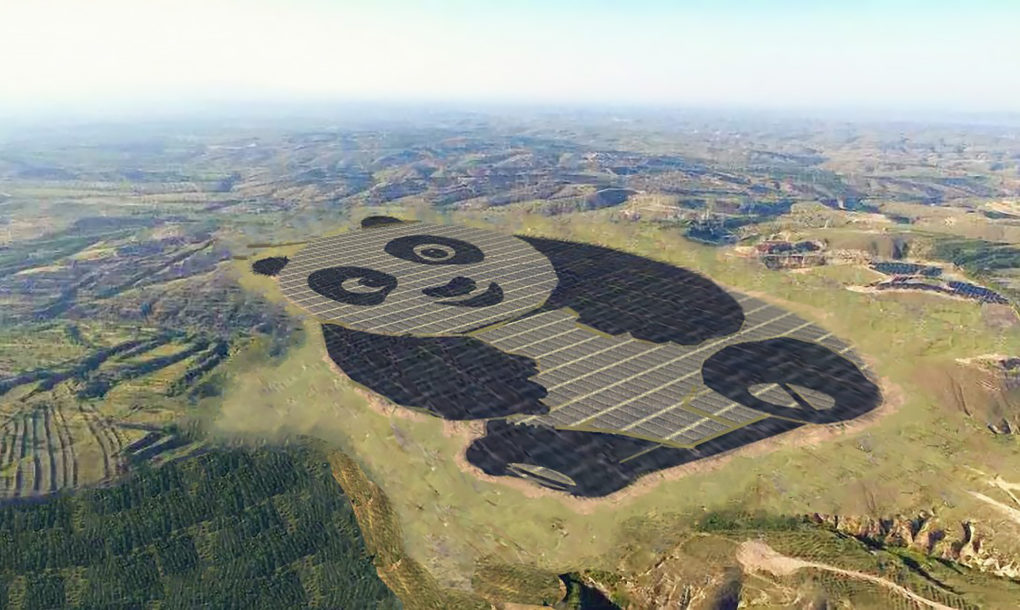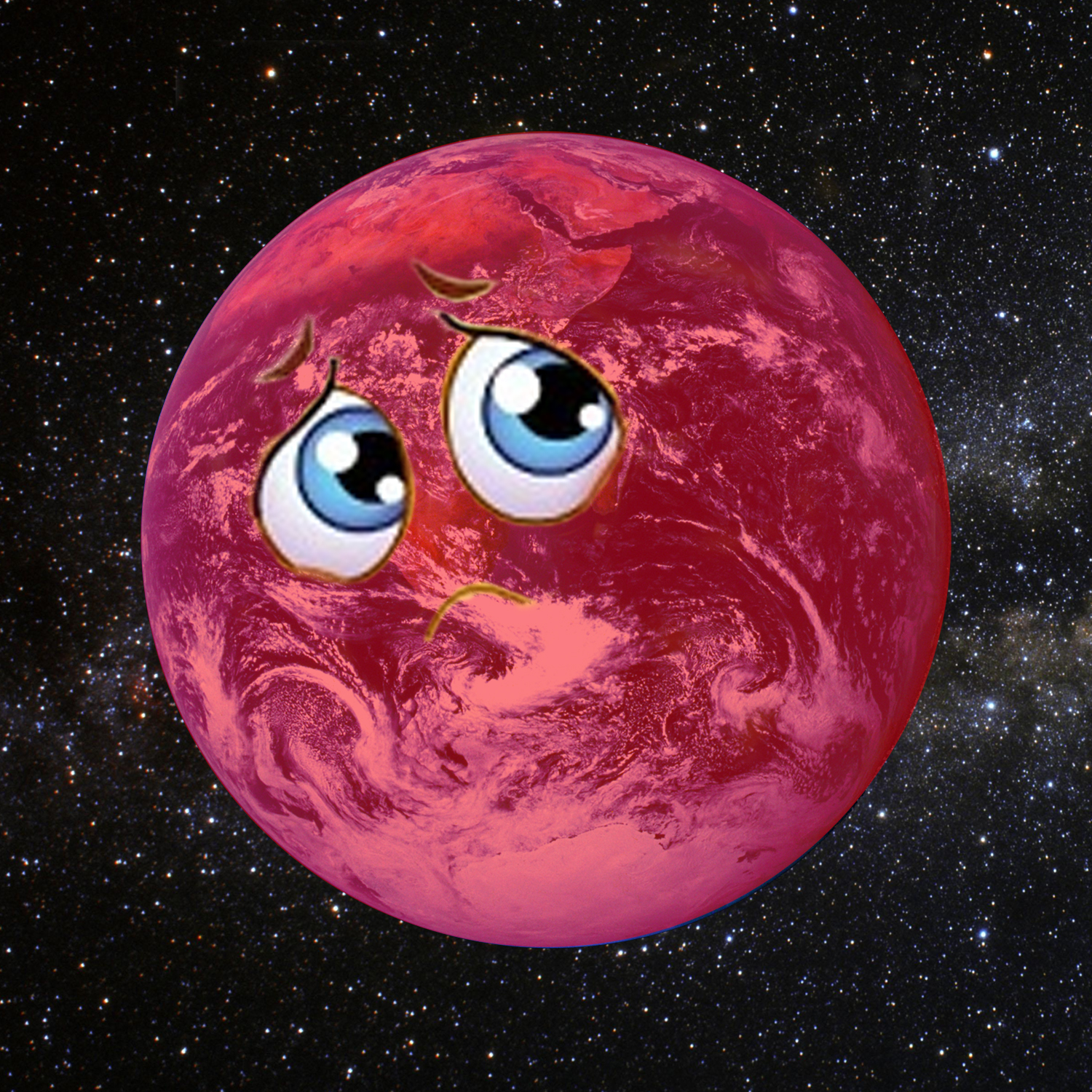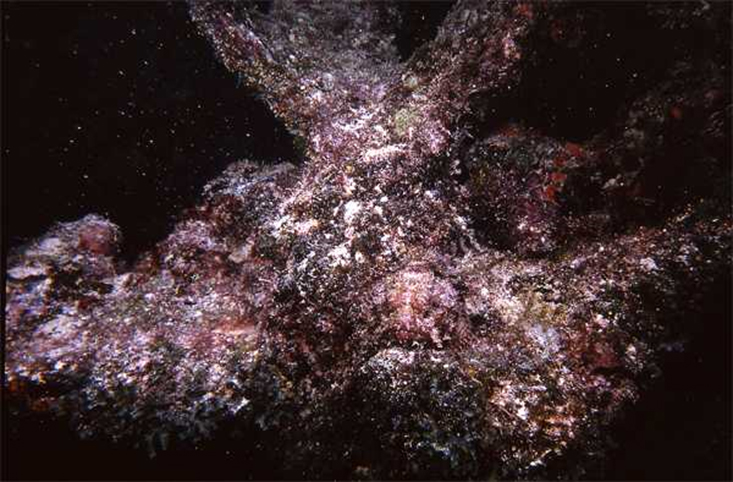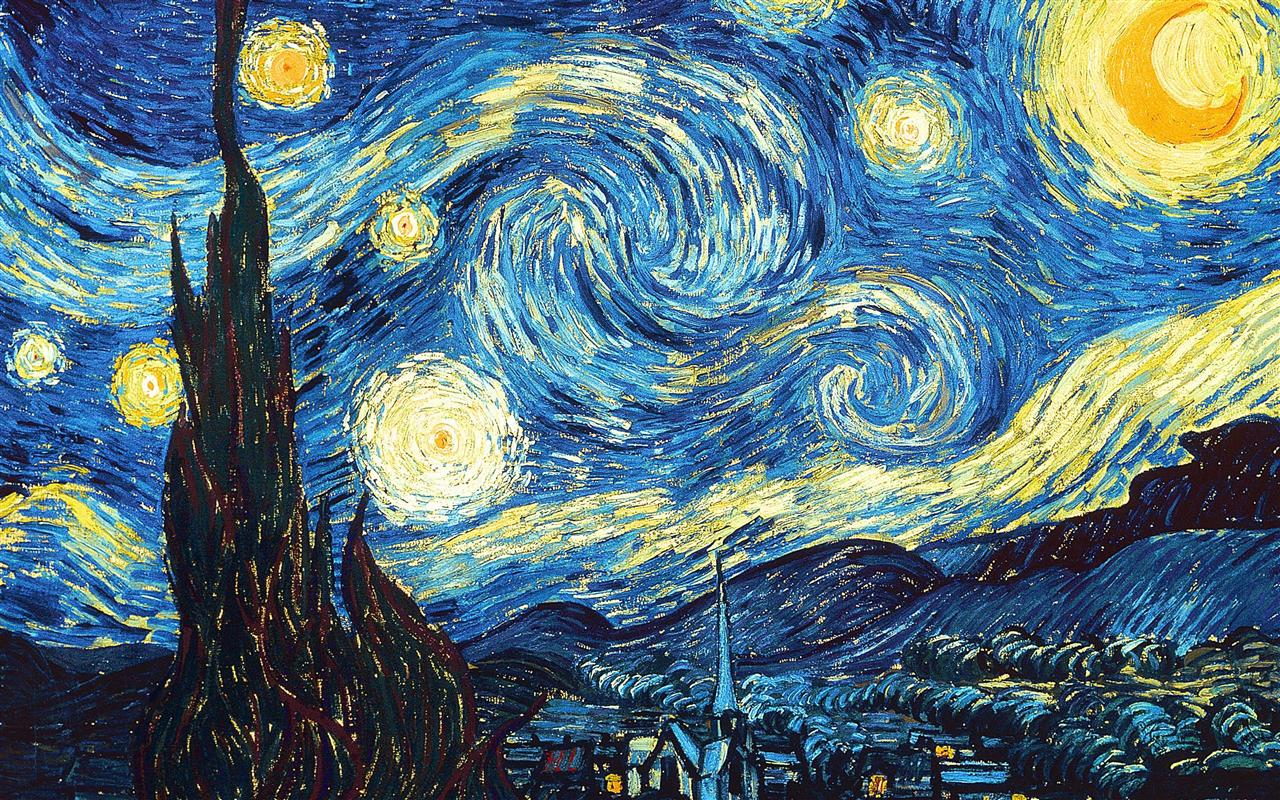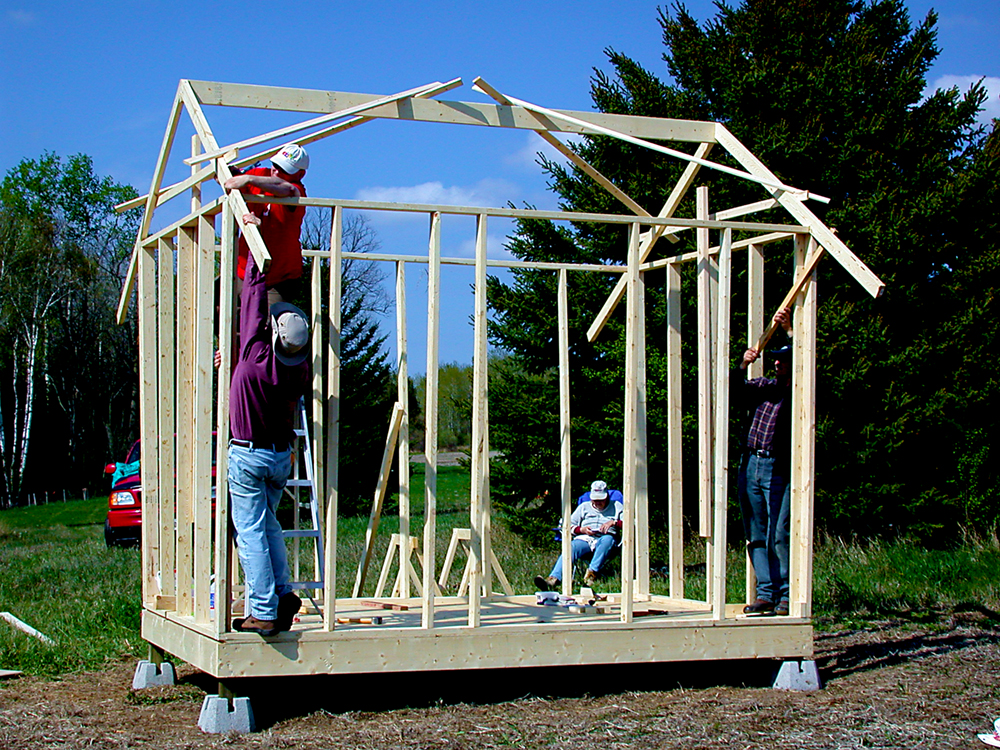A Serious problem
Global warming has already caused deaths and injury from heat waves and flooding. It will take away people's homes and businesses. We can solve it by switching to non-polluting energy sources, reducing waste, recycling and being efficient with our electricity, heating and cooling. For those who live near the ocean shoreline, prepare for increased insurance rates and consider protecting your shoreline from the rising sea levels.
How do we know global warming is happening?
- The atmosphere is getting warmer
- The ocean is getting warmer
- The Arctic permafrost is melting
- Glaciers and polar ice caps are melting
- Sea level is rising
- Storms are intensifying
- Mountain ice caps are melting
- The ocean is becoming acidified
- Both floods and droughts will get worse
For more details check out the page on Global Warming
What are the impacts of global warming?
- Increased heat waves will kill thousands of people annually
- Sea level rise and storm surges which will cause millions of people to lose their homes and businesses
- Melting mountain ice caps will deprive hundreds of millions of people of freshwater
- Increased drought conditions will force farmers to abandon their farms reducing global food production
- Warmer ocean water means more intense storms
- Warming the ocean kills coral reefs, the source of food for 500 million people
- Acidifies the ocean killing plankton and shellfish
Since 1950, the plant plankton - the base of the ocean food chain - has declined by 40%
Lots more information is on the Impacts page
What are the Causes of Global Warming?
Global warming today is not a natural event. Humans have caused this global warming event by releasing excess carbon dioxide (CO2) and other greenhouse gases into the atmosphere from:
- Failing to believe science-based warnings since the 1980s
- Using gasoline or diesel or propane to power cars, trucks, airplanes, ships, almost any vehicle
- Using furnace oil or gas to heat homes, buildings, industries
- Using fossil fuels to produce and deliver electricity
- Poor agricultural and forestry practices
- Being inefficient with energy
For more detail check out the "Causes" page.
Can we fix this problem?
YES! We can definitely fix this problem of global warming!
- Replace fossil fuels with carbon neutral or carbon free energy sources
- Build new business models to use carbon free processes
- Help disbelievers understand global warming
- Discover the facts about global warming and talk about it
- Join us in finding ways that make sense to stop global warming and create a stable climate
- We know what to do technically, but the solutions are not being implemented fast enough.
- We already have a major influence on our climate. We can take charge of that influence and manage the climate effectively. The problem is we are doing a lousy job of managing our climate.
- Our poor management of the climate includes adding CO2 into the atmosphere by burning fossil fuels, poor forestry, and poor agricultural practices.
- CO2 is an important gas in our atmosphere because all life depends on it in one way or another, so we need to have it - we just don't want too much of it.
- We don't want too much CO2 because it can trap heat that would otherwise escape into space. The first step in taking control of the climate is to stop emitting excess greenhouse gases. Sounds easy, but it will be a big job to bring the climate back under our control so we can begin to manage it properly.
For lots more ideas check out the Solutions page
Do we have The Time to Act? Is it too late?
- Global warming sneaks up on you. You don't really notice at first because it is slow and steady.
- Did you know the temperure has aleady gone up 1.20C since the late 1700s? Doesn't sound like much, but if it rises another 1.20C that will lock in at least 5m to 8m of sea level rise.
- It won't do that tomorrow, but no matter what anyone does after it reaches 2.40C, the sea level will eventually reach 5m to 8m higher than today. It might take 200 years, but if your great great granchildren are hoping to live in South Florida, they will be out of luck unless they want to live underwater.
- Even though we can't easily see the problem ourselves because it is not very bad yet, what we do today will affect people in the future.
- Some problems are already here with millions of people on the move because of drought caused by global warming. At other times it might be 200 years in the future. But unless we act today and tomorrow, it will be too late to change the future. It will be to late for our decendents to easily manage the climate.
For a run-down on the importance of acting now head over to Urgency
This is bigger than Just me! What can I do?
- Do you realize the scale of the job to switch over every car on the planet to electric? Or, how about all the heating and cooling? All the industrial processes and everything that uses oil, gas, coal or electricity has to become carbon free - right?
- You’re kidding!?
- And what about airplanes? Just try putting enough batteries in an airplane to take it across the ocean.
- What about the cost? What about throwing all those oil and gas and coal workers out of their jobs?
- Who is in charge? The politicians? The big corporations? The United Nations?
- The big Paris Agreements were not much more than talk and intentions - nothing is binding and no one has to do anything, AND its not enough!
- If no one is in charge how will anything get done. I already changed my light bulbs to LEDs, I recycle as much as is allowed, I have a smart meter on my electricity, and I am planning to buy an electric car - but global warming is still happening. What else can I do?
Got some good ideas? Talk to us on the FORUM
Why is Global Warming considered to be a "Wicked Problem"
We know what to do technically, but the solutions are not being implemented fast enough. Why is that? The technical fixes sound pretty straightforward, but the question is how do we make them happen?
These sound pretty straightforward, but what about the economic difficulties of making major changes? Solving this includes understanding the views of people who simply do not believe people can either cause or correct the current global warming.
- We also must deal with people who have such a major vested interest in the status quo that they will cheat and lie to prevent any action that might harm their interests, even if it harms other people - yes there are bad guys involved.
Global warming is one of those really difficult problems that are so messy you don’t really know where to start. They are constantly changing and even if you start to correct one part of the problem you create problems somewhere else. They look really messy if you try to diagram them.
That is why we call global warming a wicked problem.
Global warming is wickedly difficult to solve – and in fact there really isn't a single solution. There may only be one primary cause, but there are many barriers to finding a solution. The barriers or impediments are distributed throughout the problem, not all neatly lined up where we could tackle them one at a time. That means the solutions we find also have to be distributed throughout global warming (the wicked problem), and there will definitely be more than one solution. Not every solution will be perfect, and sometimes the best solutions technically can't be implemented because of some other type of reason.
By the way, the term wicked does not imply evil, it only means the problems are exceptionally difficult to define and solve.
Now if Someone were the Big Cheese in charge of the entire world, this could be an easy linear-management problem for which we know the technological solutions. BUT, the problem remains. There is no planetary Big Cheese who will dictate what to do. So we are going to have to figure out how to do it by ourselves.
Here is where we are today:
- There is no single definitive solution (phasing out fossil fuels, dealing with clear cutting, managing agriculture to reduce open soils, creating cement and iron without carbon release - and those are just the technical problems!)
- The complications build on each other. We may know what to do technically to stop global warming, but implementing those techniques is a tangled web of social, cultural, economic, political, ideological, and psychological decisions.
- We have already started this problem so we can't stop. If we stop solving it, the problem will mushroom out of control.
- In global warming, whatever humans decide to do, that is the only choice we get. We can’t go back and do it over again. So we better get it right the first time!
- Global warming is both wicked and messy because there is no central authority to impose a solution.
- If the problem is left long enough, the danger posed is at the extinction level for human civilization, and the problem is time-limited because there are only a few decades at most to bring global warming to a full stop to achieve a stable climate.
- We do know how to solve the problem from a technical perspective. Now the trick is to solve it from the human perspective and take action soon.
Try your hand at wicked problem solving: the Strategy section
Try this little quiz!
Can you figure out which picture represents which kind of problem:





